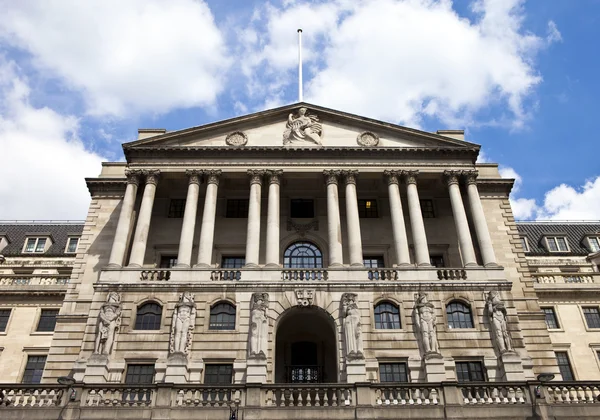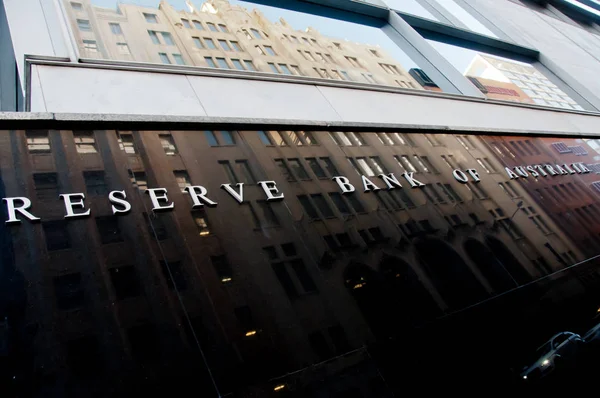
Understanding Forex Markets and Central Bank Roles
The Forex market, a global arena for currency trading, is profoundly influenced by the policies of major central banks. Understanding this relationship is crucial for anyone engaged in Forex trading or interested in global financial trends. This article delves into the impact of central bank policies, such as interest rate adjustments and quantitative easing, on the Forex markets.
Background: Evolution of Forex Markets and Central Banks
Evolution of Forex Markets: A Brief History
The Forex market has evolved significantly over the years, transitioning from the Bretton Woods system to a predominantly free-floating currency regime. This transformation has increased the significance of central bank policies in Forex market dynamics.
Central Banks: Definition and Purpose
Central banks, like the Federal Reserve (Fed) in the United States or the European Central Bank (ECB) in Europe, play a pivotal role in their respective economies. They manage monetary policy, control inflation, and aim to foster economic stability, all of which indirectly impact the Forex market.
Key Concepts: Currency Valuation and Forex Markets
Currency Valuation and Forex Markets
Currency valuation in the Forex market is influenced by several factors, including economic indicators, geopolitical events, and central bank policies. The interplay of these elements makes understanding Forex markets complex yet fascinating.
Interest Rates and Forex Dynamics
Interest rates set by central banks are a primary factor in Forex market fluctuations. Higher interest rates generally strengthen a currency, while lower rates tend to weaken it. Traders closely monitor central bank meetings and announcements for clues about future interest rate directions.
Major Central Banks and Their Impact on Forex Markets
The Federal Reserve and Its Influence on Forex
The Federal Reserve, being the central bank of the world's largest economy, holds significant sway over Forex markets. Its policies, particularly regarding interest rates and quantitative easing, are closely watched by Forex traders globally.
The European Central Bank's Role in Forex Markets
The European Central Bank's policies directly affect the Euro, the second most traded currency. Its monetary decisions, aimed at stabilizing the Eurozone, have far-reaching implications for Forex market trends.
The Bank of Japan: Policies and Forex Impacts
Japan's unique approach to monetary policy, often involving interventions to control the Yen's value, plays a critical role in the Asian Forex market dynamics.
People’s Bank of China: Emerging Influence
As China's economy has grown, the People's Bank of China has become increasingly influential in Forex markets. Its policies, though less transparent than other major central banks, are crucial for traders focusing on emerging market currencies.
Policy Analysis: How Central Bank Decisions Shape Forex Markets

Quantitative Easing and Forex Fluctuations
Quantitative easing, a tool used by central banks to stimulate the economy, often leads to currency devaluation. Its impact on Forex markets can be substantial, offering both risks and opportunities for traders.
Interest Rate Decisions and Currency Strength
Interest rate decisions are among the most impactful central bank policies affecting Forex markets. These decisions influence investor sentiment and currency strength, guiding Forex trading strategies.
Currency Intervention Strategies
Some central banks actively intervene in the Forex market to control their currency's value. Understanding these interventions is key for traders to anticipate market movements.
Case Studies: Central Bank Policies and Their Real-World Impact
The 2008 Financial Crisis: Forex Market Response
The 2008 financial crisis is a prime example of how central bank policies, particularly those of the Fed and ECB, can drastically alter Forex market landscapes.
The Eurozone Debt Crisis and ECB Interventions
The ECB's response to the Eurozone debt crisis, including various bailouts and monetary easing measures, had significant implications for the Euro's value in Forex markets.

Post-Pandemic Economic Policies and Forex Trends
The global pandemic led to unprecedented central bank interventions. The policies adopted during this period reshaped Forex market dynamics, illustrating the potent effect of central bank actions.
Market Strategies: Navigating Forex Markets Amidst Central Bank Policies
Forex Trading in Light of Central Bank Policies
Forex traders must stay informed about central bank policies to navigate the market effectively. Understanding these policies can lead to more informed, strategic trading decisions.
Predictive Analysis: Reading Central Bank Signals
Predictive analysis involves interpreting central bank communications and economic indicators to forecast Forex market movements. This skill is crucial for successful Forex trading.
Risk Management in Forex Trading
Given the volatility of Forex markets influenced by central bank policies, implementing robust risk management strategies is essential for traders to protect their investments.
Future Trends in Central Banks and Forex Markets
The relationship between central bank policies and Forex markets will continue to evolve, influenced by economic developments and geopolitical events. Traders who adapt to these changes and understand the nuances of central bank actions will be better positioned to succeed in the dynamic Forex market.
The intricate dance between major central bank policies and Forex markets is a dynamic and ever-evolving landscape. Understanding the nuances of these relationships is key for anyone involved in the Forex market. As global economic scenarios unfold, staying informed and adaptable will be essential for Forex traders aiming to leverage these insights for successful trading strategies.